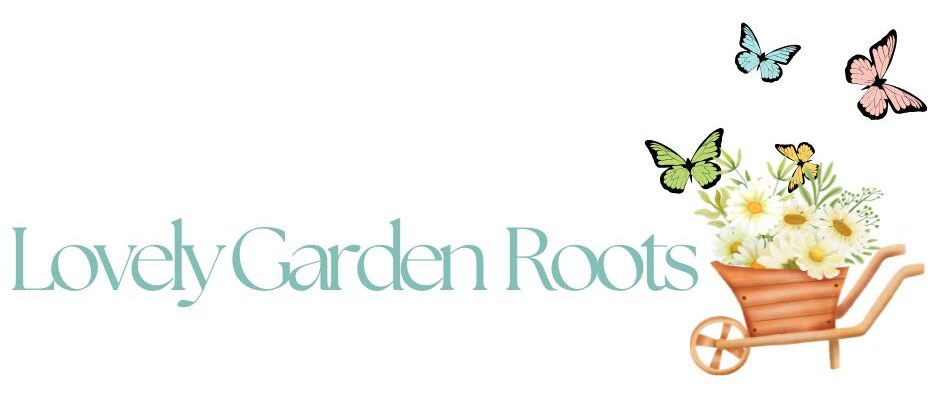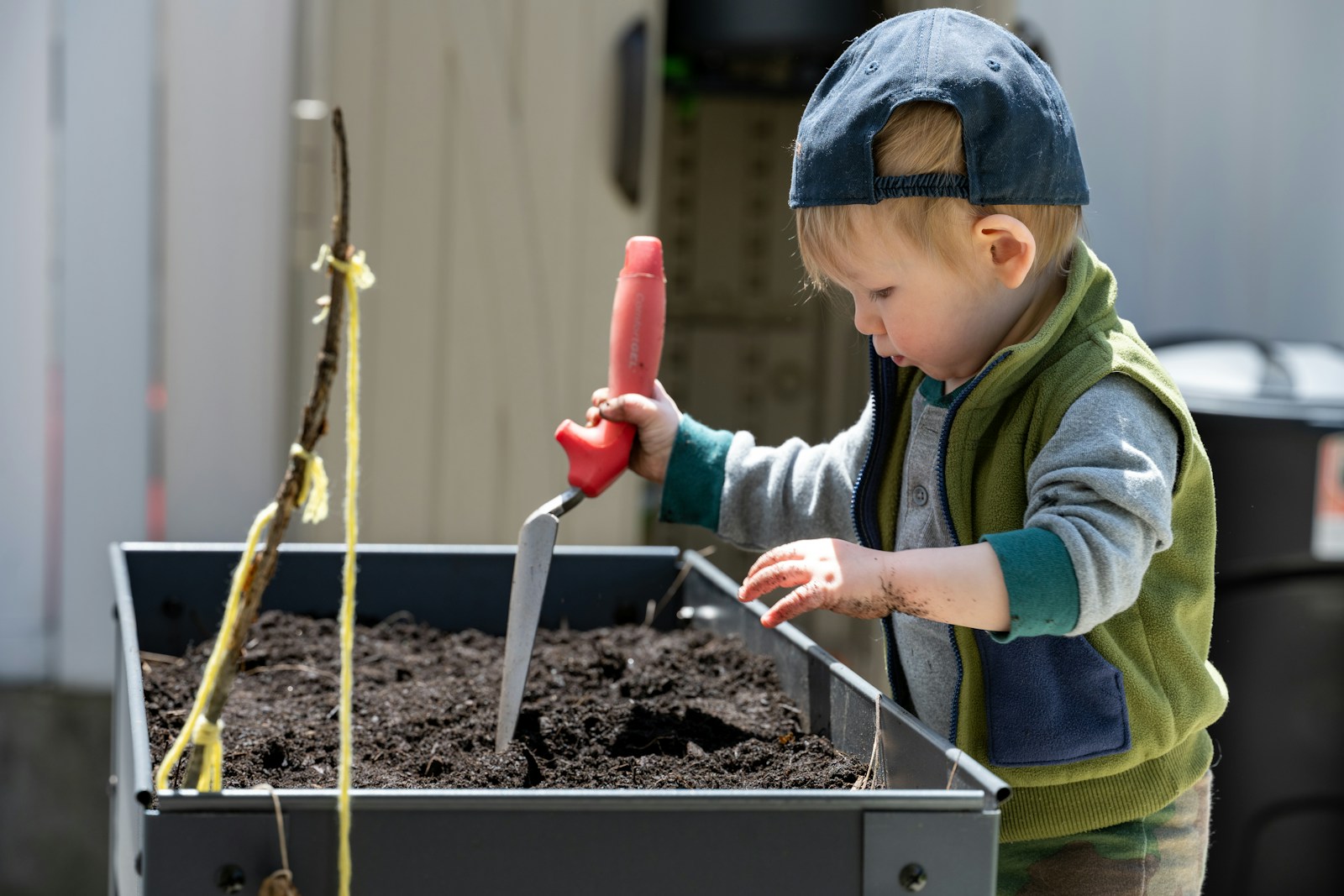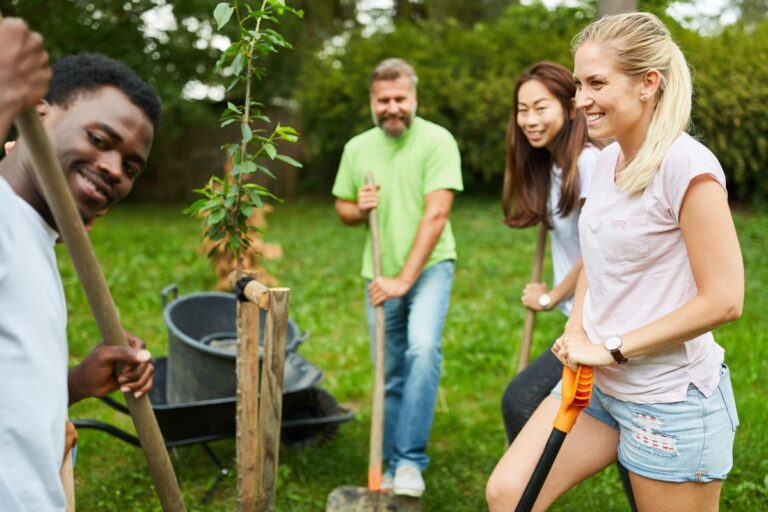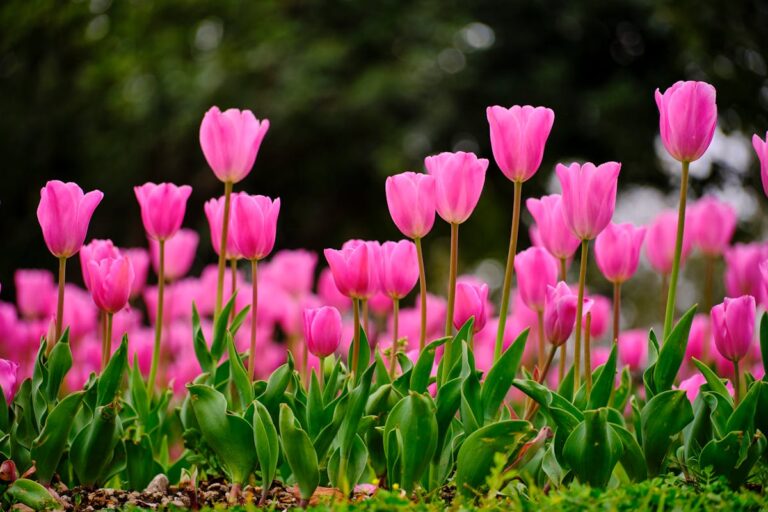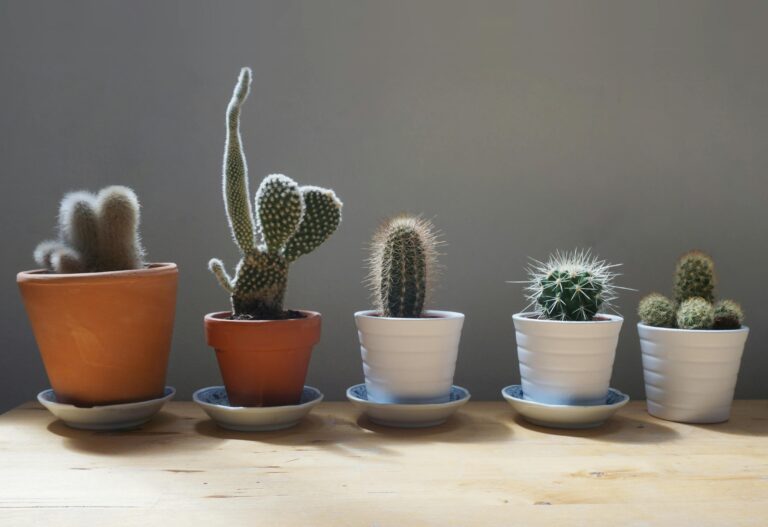How to Build Confidence as a First Time Gardener: Simple Tips to Grow Your Green Thumb Quickly
Maybe you’ve always wanted to try gardening but feel nervous about where to start. The thought of keeping plants alive can be a little overwhelming, especially if you’ve never grown anything before.
It’s common to worry about making mistakes. Most new gardeners feel unsure at first, but learning as you go is part of the fun.
Taking small steps and getting to know your plants can make a big difference. With each little success, you’ll start to feel more confident.
If you’re looking for a step-by-step guide, you might find this resource on starting your first garden helpful.
Start with easy-to-grow plants like herbs or lettuce

Choosing simple plants is a great way to begin. Herbs such as basil, mint, or parsley are perfect for beginners because they don’t need a lot of space or complicated care.
Lettuce is another plant that grows quickly and can thrive in containers or small garden beds. You’ll see results fast, which helps keep you motivated.
Learning to care for these easy plants teaches you basics like watering and sunlight. Early success can make the whole experience more enjoyable.
For more ideas, check out this list of easy vegetables and herbs for beginners.
Choose a sunny spot to help plants thrive
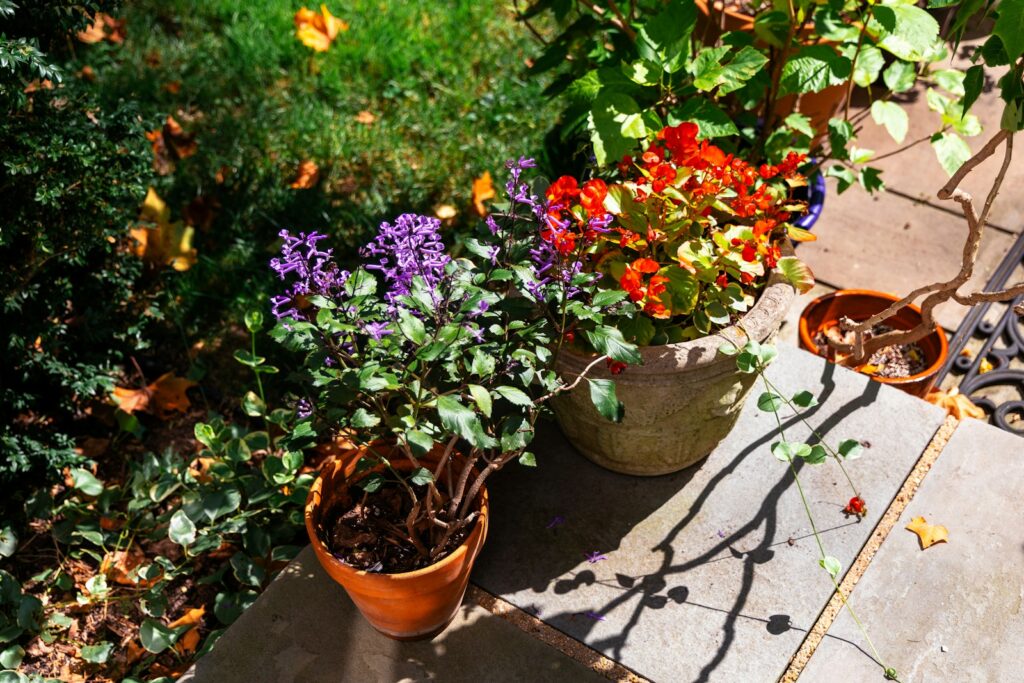
Finding the right spot for your garden can make a big difference. Most vegetables and flowers need six to eight hours of sunlight each day.
Watch your yard during the day to see where the sun lasts the longest. Avoid areas shaded by trees or buildings.
If your space has less sun, try growing plants that prefer shade. Think about how close the spot is to your water source too.
For more advice, this guide on how to find the sunniest spot might help.
Use good quality soil and compost for better growth
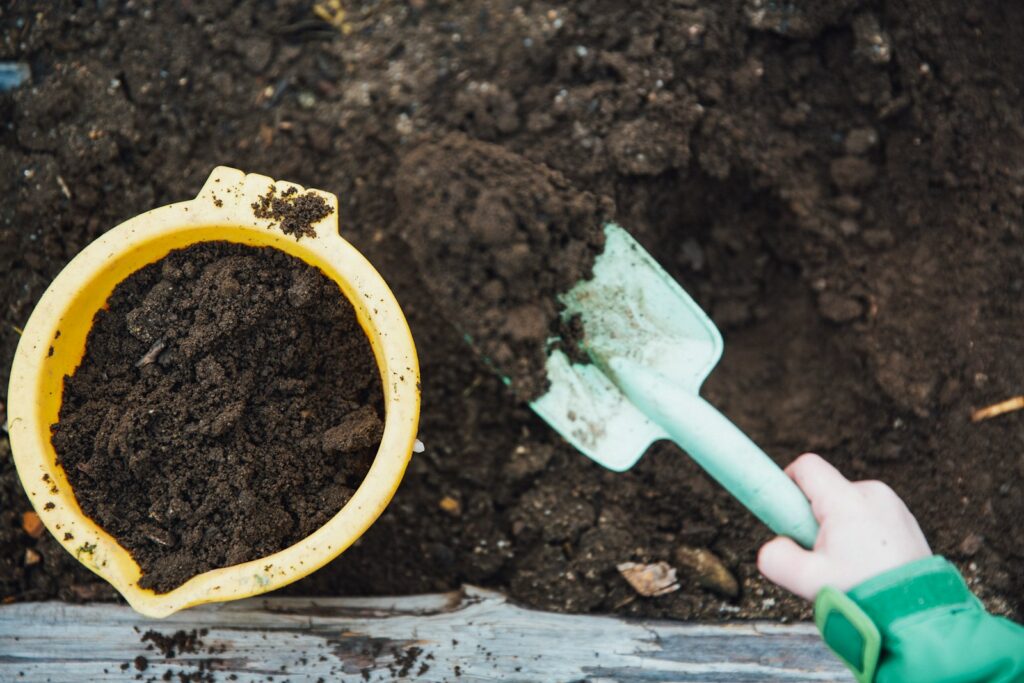
Healthy soil is the foundation of a successful garden. Good soil holds water and nutrients, helping plants grow strong.
Adding compost boosts your soil with organic matter. It also supports the tiny organisms that keep soil healthy.
Choose compost from a trusted source to avoid harmful chemicals. Mixing equal parts compost and soil can give your plants a great start.
For tips on soil and compost, check out this guide on raised bed gardening and soil.
Set small, achievable gardening goals
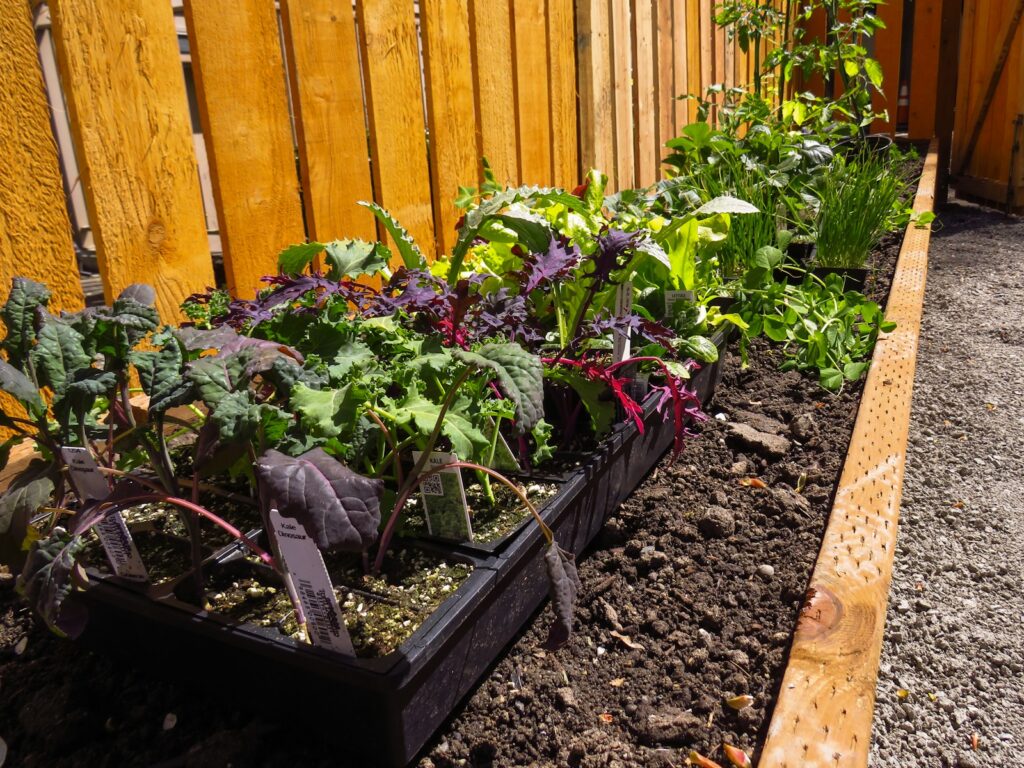
Setting small goals makes gardening less overwhelming. Start with easy tasks like planting a pot of herbs or watering regularly.
Pick projects that fit your space and schedule. Growing cherry tomatoes or a single flower pot can be a great way to begin.
Celebrate each little win, like seeing your first sprout or harvesting a few leaves. Small steps add up and keep you motivated.
If you need more ideas, you can find tips on setting gardening goals for beginners.
Keep a garden journal to track your progress
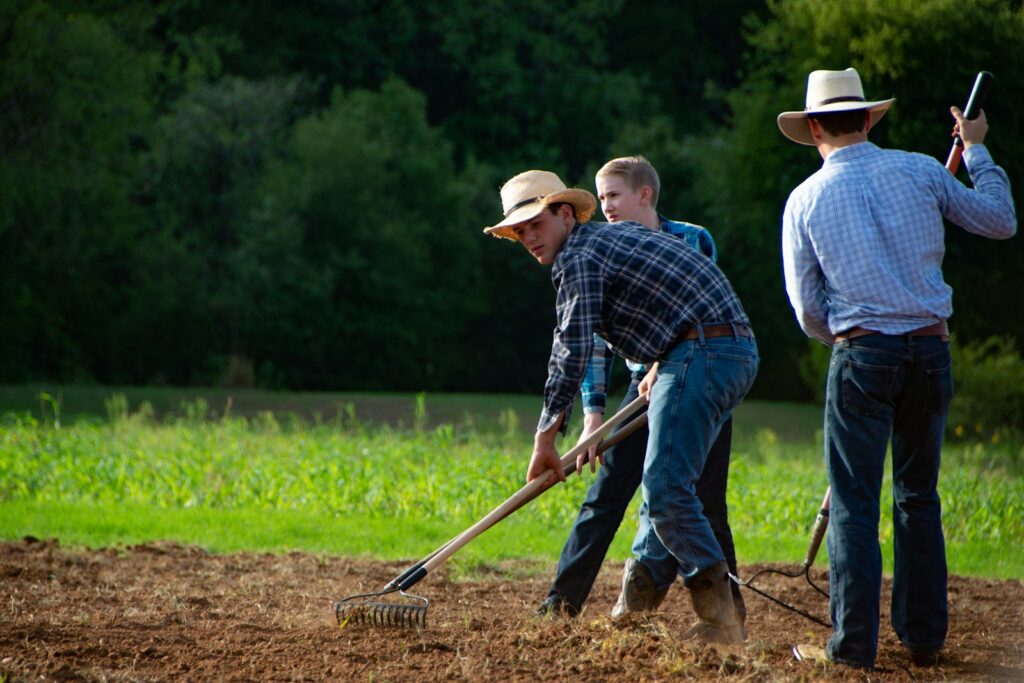
A garden journal helps you learn from your own experience. Write down when you plant seeds, how often you water, and any changes you notice.
Recording what works and what doesn’t will help you next season. You’ll remember which plants did well and what to try differently.
Your notes can include weather, pests, and how your plants respond. Over time, your journal becomes a personal gardening guide.
It’s easy to start with a notebook or an app. For inspiration, see tips on keeping a garden journal.
Celebrate each plant that grows well
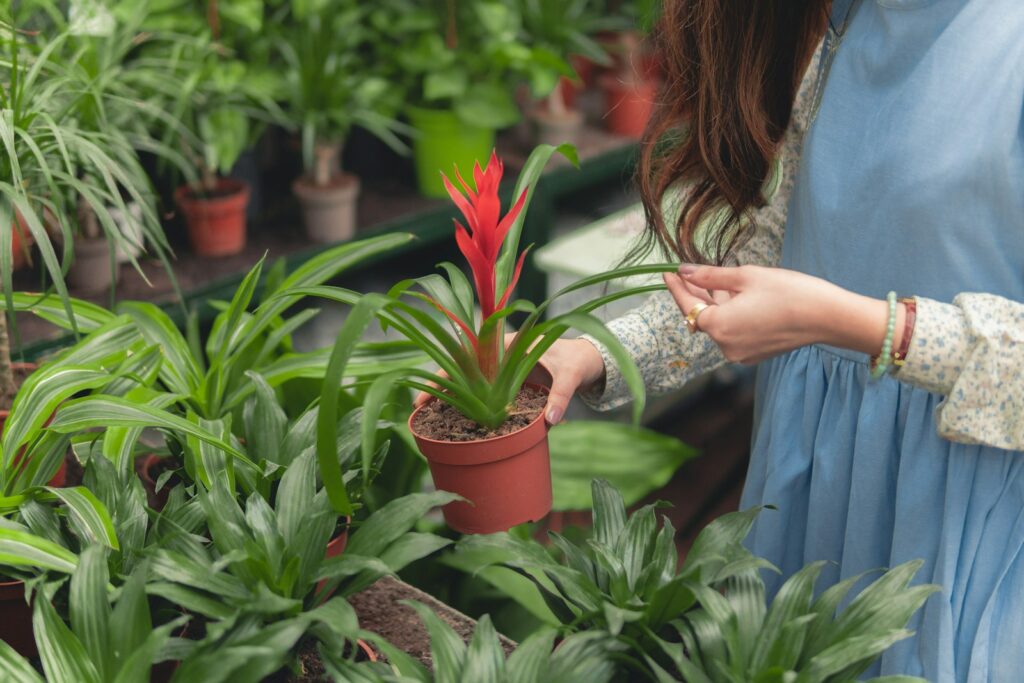
Notice the small changes in your garden each day. A new leaf or a healthy stem is a sign you’re doing something right.
Taking photos of your plants as they grow can be really satisfying. Looking back on these moments will remind you how much you’ve learned.
Every plant grows at its own pace, so enjoy each step. Celebrating progress helps keep gardening fun.
For more beginner tips, check out Lowe’s Greenhouse.
Learn to identify and manage common pests
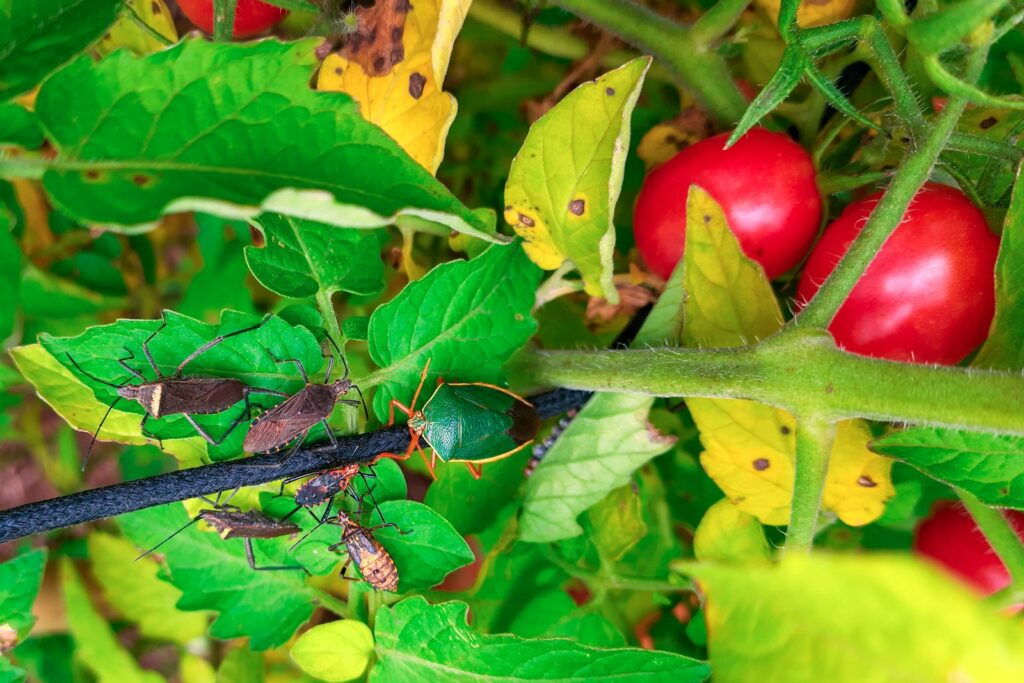
Getting to know common garden pests helps protect your plants. Look for signs like holes in leaves, sticky spots, or drooping stems.
Natural solutions, such as attracting ladybugs or using homemade sprays, can manage pests without harsh chemicals. Checking your plants every few days helps you catch problems early.
For clear steps on pest control, see this guide on how to identify and treat common garden pests.
Join a local gardening group for support
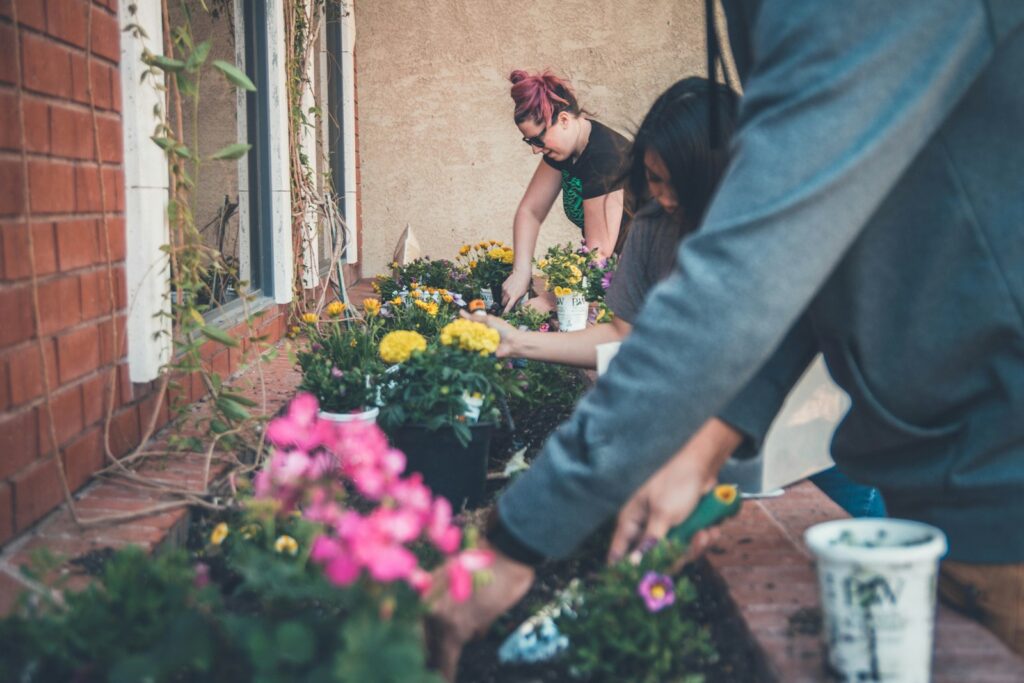
Gardening is more fun with others. Local gardening groups are great places to ask questions and share tips.
You can swap seeds, learn from others’ experiences, and meet people who love plants too. Community gardens or online forums are good places to look for groups.
For more about connecting with other gardeners, see this guide on starting a garden club.
Watch gardening tutorials online for tips
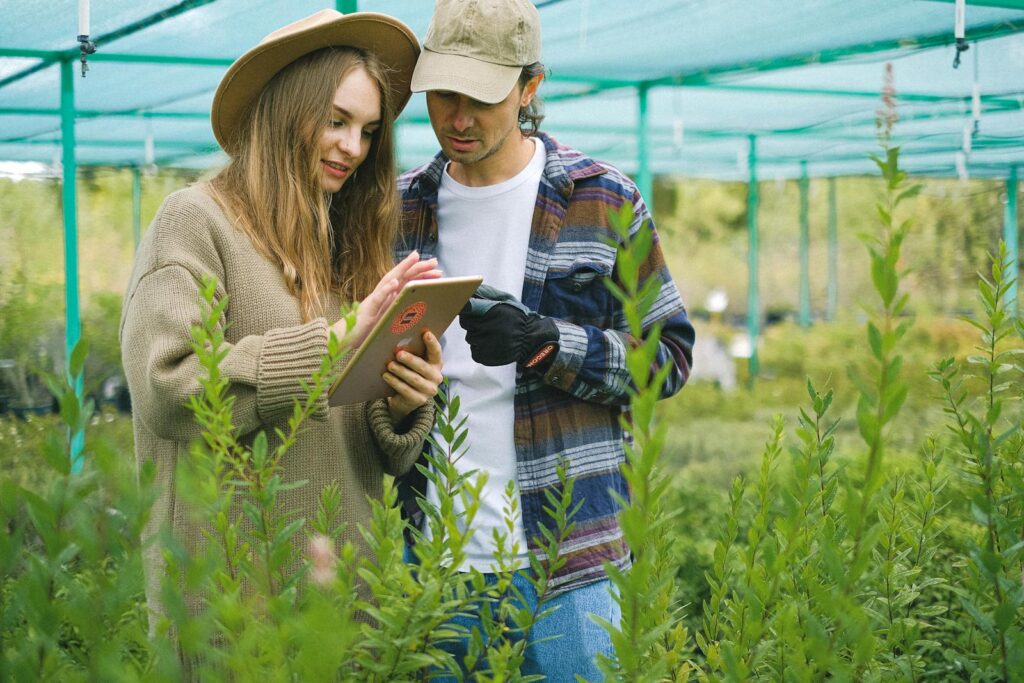
Online tutorials can show you exactly what to do, step by step. Watching someone plant or water makes it easier to follow along.
Many videos focus on beginner topics and simple projects. You can pause and replay as needed, making learning comfortable.
Try videos like 10 TIPS For BEGINNER Gardeners or BEGINNER Gardening Tips – 5 Tips to help you start a garden.
Practice regular watering but avoid overwatering
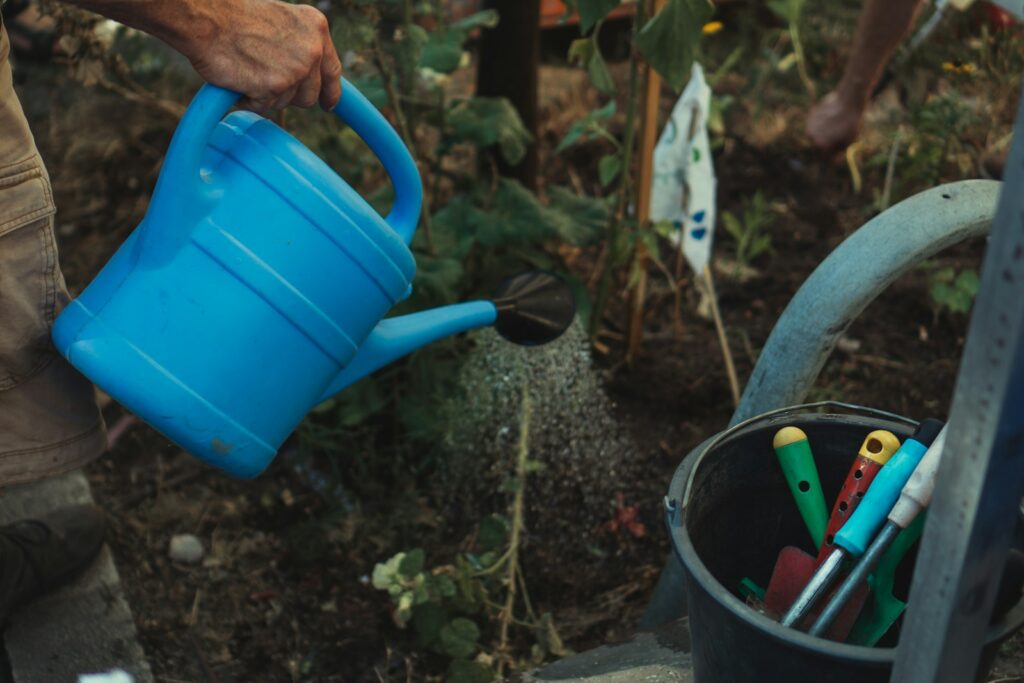
Finding the right watering routine takes practice. Water deeply and less often to encourage strong roots.
Check the soil before watering by sticking your finger about an inch down. If it feels dry, it’s time to water.
Water in the morning when it’s cooler so plants can absorb moisture before the sun gets strong. Apply water slowly at the base to avoid waste.
Mulch helps keep moisture in the soil, which means you won’t need to water as often. Watch your plants for signs of too much or too little water.
For more watering advice, see this comprehensive watering guide.
Understanding the Emotional Benefits of Gardening

Gardening isn’t just about plants. It can help you feel better and teach you how to handle challenges with less stress.
As you dig, plant, and care for your garden, you’ll notice your confidence growing. Patience and persistence develop naturally along the way.
How Gardening Boosts Self-Esteem

Watching your plants thrive shows you that you’re capable of caring for something living. Each new leaf or flower is a reminder of your progress.
Trying new tasks, like planting seeds or pruning, helps you learn and grow. Every small success adds to your sense of accomplishment.
Managing Setbacks and Learning from Mistakes
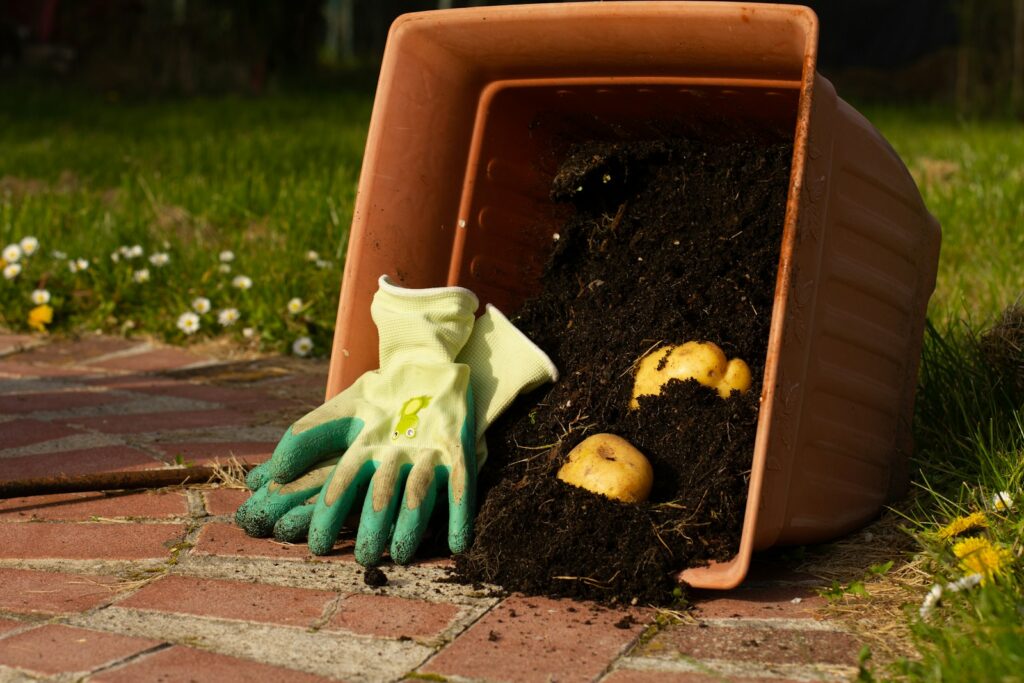
Not every plant will grow perfectly, and sometimes pests or weather can cause problems. These setbacks teach patience and resilience.
Learning to accept mistakes as part of the process makes gardening less stressful. Over time, you’ll find it easier to bounce back and keep going.
For more about gardening’s positive effects on mental health, check out these studies on gardening and emotional resilience.
Celebrating Small Wins as a New Gardener
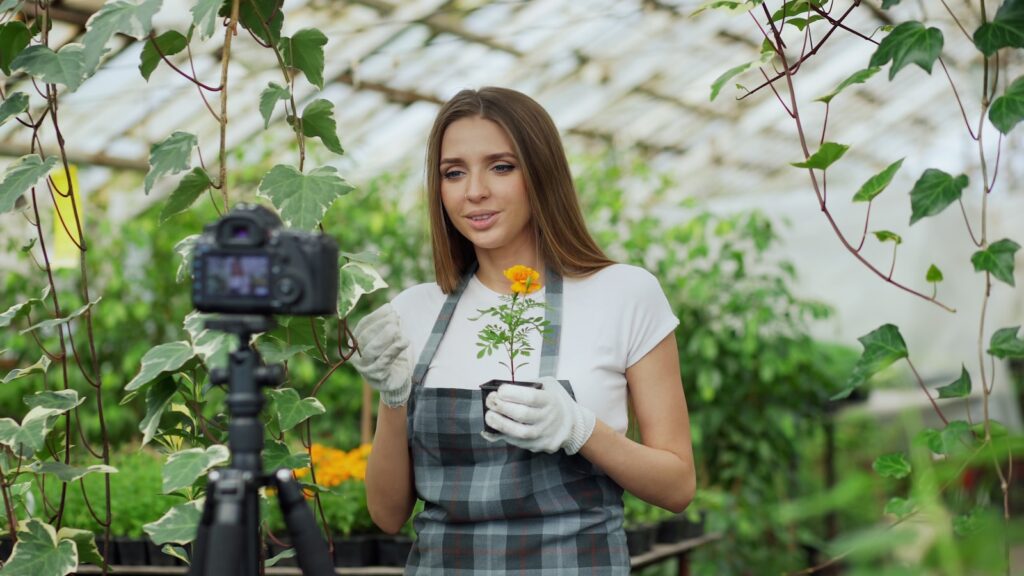
Noticing your small successes can keep you motivated. Seeing new sprouts or harvesting your first herbs are moments worth celebrating.
Tracking what you do each day helps you see your progress. Write down when you plant seeds, water, or spot new growth.
Taking photos is another fun way to watch your garden change. Comparing pictures over time shows just how far you’ve come.
By keeping track of your progress, you’ll learn what works best and find more reasons to celebrate along the way.
Sharing Your Successes with Others
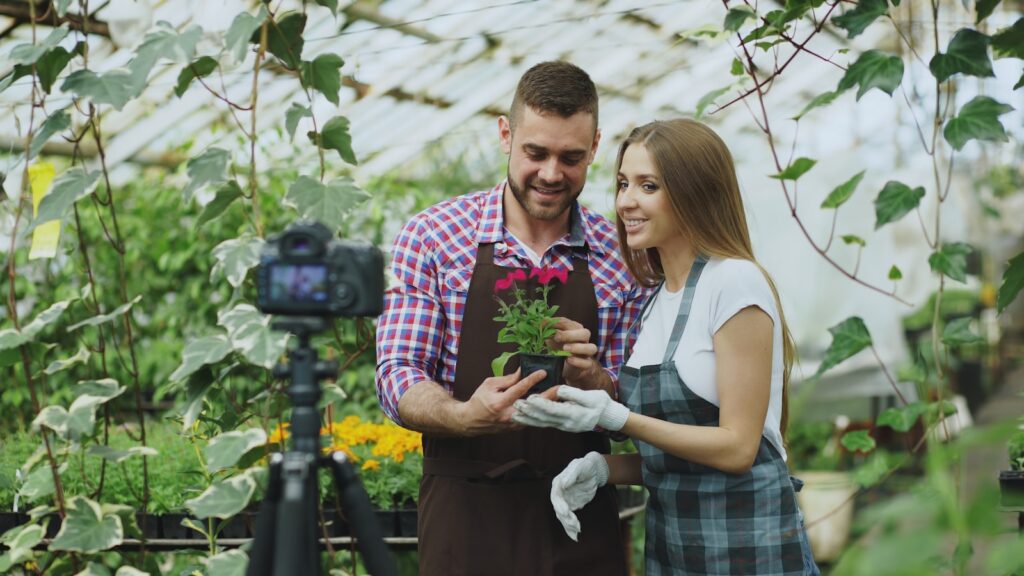
Sharing your gardening wins can make the whole experience more enjoyable. Maybe you snap a photo of your first tomato or show off a handful of fresh herbs.
Telling friends or joining a gardening group lets you celebrate these moments. It can be encouraging to see others posting their own little victories.
You might find that everyone is learning as they go, and nobody’s garden is perfect. Connecting with others can boost your confidence and help you pick up new tips.
If you want to join in, local clubs and online groups are a good place to start. Platforms like Facebook or Lemon8 are full of gardeners who love to cheer each other on.
